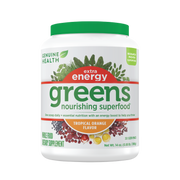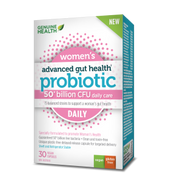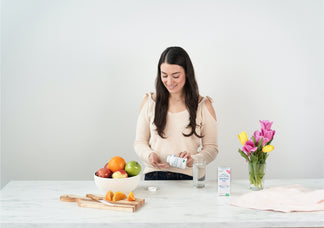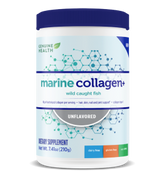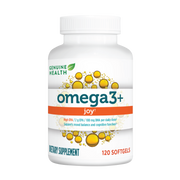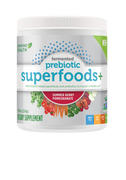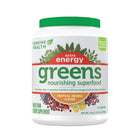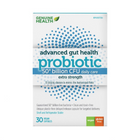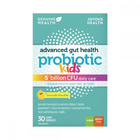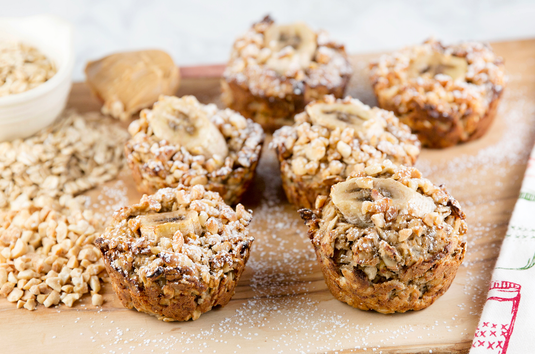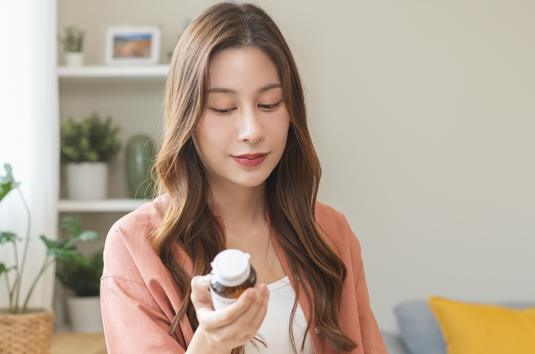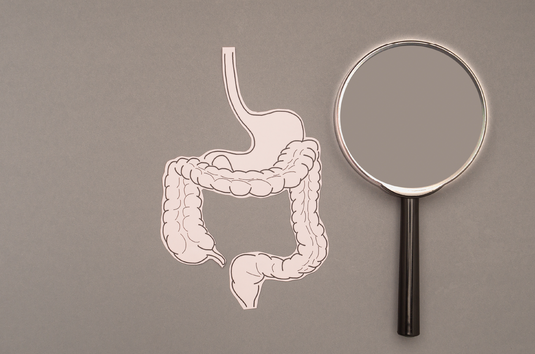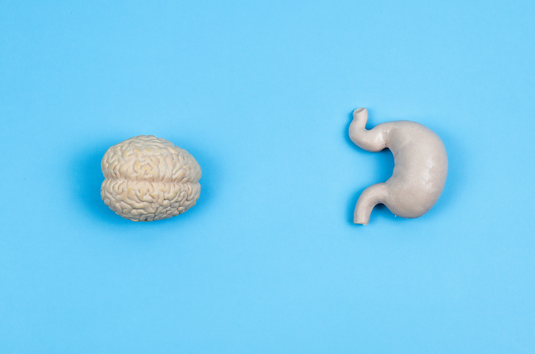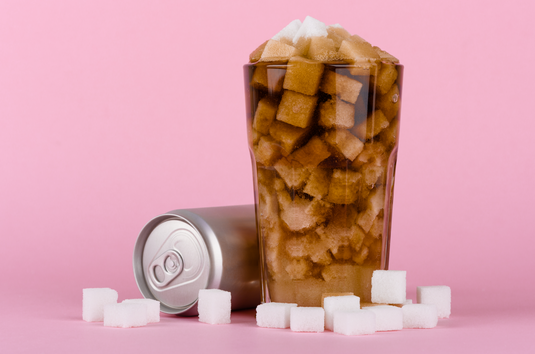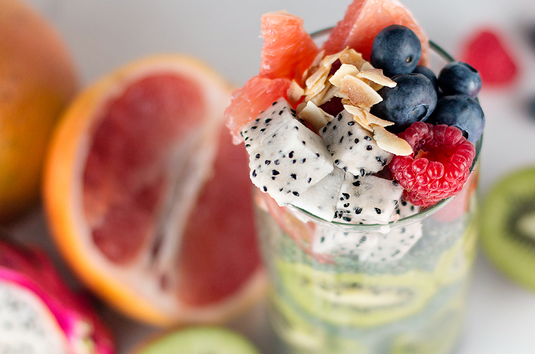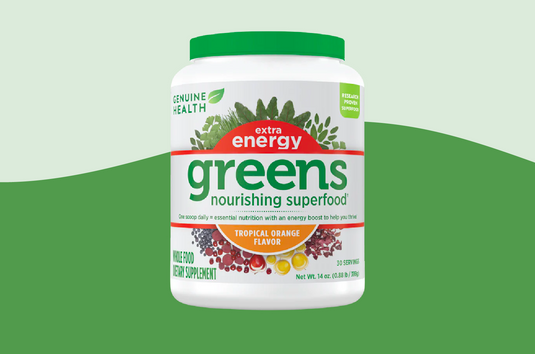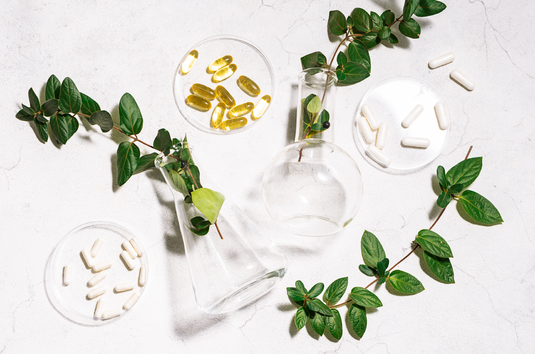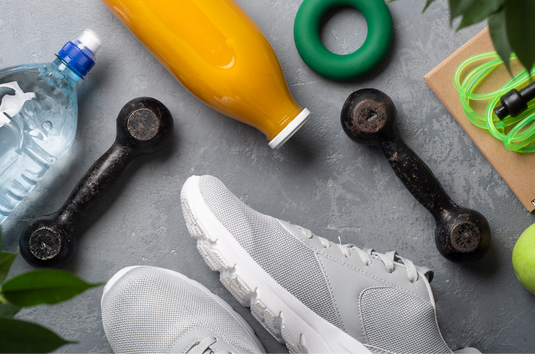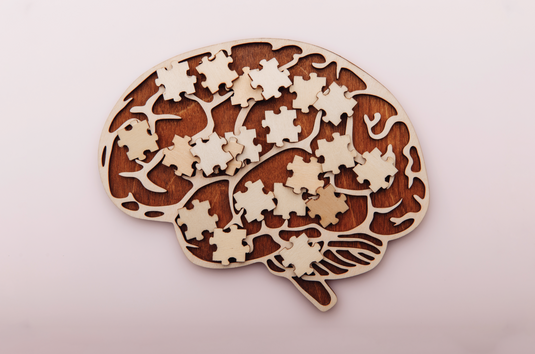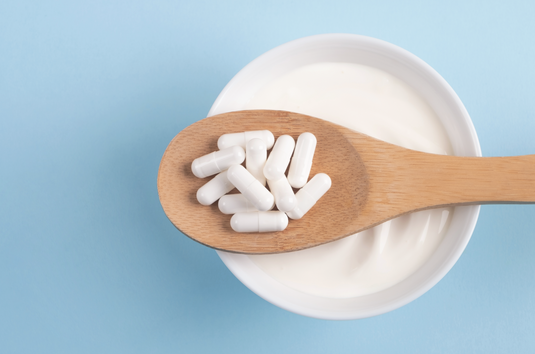6 Collagen Myths—BUSTED!
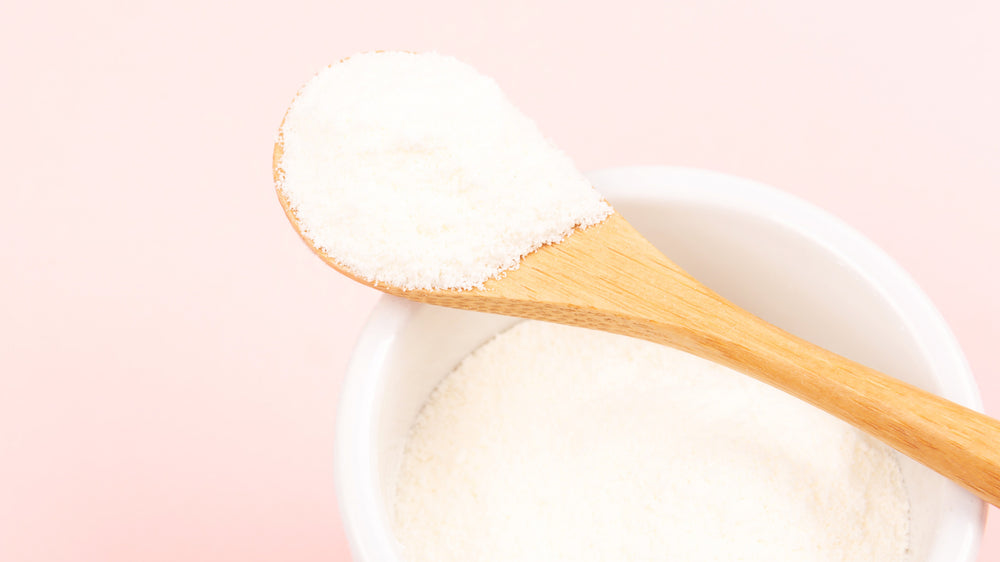
Collagen is HOT these days! With fitness and health influencers singing its praises for plump, youthful skin and strong, supple joints. But even with its soaring popularity, collagen is a relatively new player in the supplement field – and people have questions.
Like any hot new health product, there’s confusion, there are myths and there is always more to learn. We’re on it! Here’s our roundup of the top questions/myths about collagen.
COLLAGEN MYTH #1: COLLAGEN IS ONLY GOOD FOR SKIN AND JOINT HEALTH.
Collagen’s role in skin and joint health is just the tip of the iceberg. Studies have not only shown that collagen is safe and effective, but that it can also provide support for many different health concerns.
- Collagen can help you recover from injuries more quickly1 and can help improve your physical performance2.
- Collagen can improve bone mineral density and reduce bone degradation3.
- Collagen supports cardiovascular health by reducing arterial stiffness, which is a marker of cardiovascular disease in the elderly4. In other studies, collagen has been shown to support cardiovascular health by contributing to the prevention of atherosclerosis.13
- Collagen can provide anti-inflammatory and antioxidant effects.7, 8
- Collagen supplementation improves joint health and general wellbeing5.
- Collagen is a source of essential and non essential amino acids required for protein synthesis and the maintenance of overall health.6
- Collagen may help increase muscle mass in older adults.11
COLLAGEN MYTH #2: COLLAGEN HAS BEEN STUDIED FOR GUT HEALTH.
Many people think that collagen can improve gut health because of its associations with bone broth, which is known to be healing to the gut. Collagen has been shown in some preliminary studies to act as a prebiotic and prevent dysbiosis… but those were animal studies. We’re hopeful that these results will be found in human research in the future, but presently, there ’s no human research to support its direct effects on gut health.
COLLAGEN MYTH #3: MARINE COLLAGEN IS BETTER FOR ANTI-AGING THAN BOVINE COLLAGEN.
There is no research showing bovine is better absorbed than marine or vice versa. There is also no research showing one is better than the other in clinical outcomes. What it boils down to is personal preference for a bovine or marine source of collagen.
COLLAGEN MYTH #4: POLYPEPTIDES ARE BETTER ABSORBED THAN PEPTIDES.
Don’t be fooled – “polypeptides” simply means "many" peptides. All hydrolyzed collagen contains polypeptides. Collagen is converted into peptides, which are short chains of amino acids. The act of breaking up collagen through "water lysis" (hydrolysis) produces many peptides, thus commercial hydrolyzed collagen formulas contain small units of amino acid chains. These smaller amino acid units are what the digestive tract recognizes and absorbs after ingestion.
COLLAGEN MYTH #5: COLLAGEN DOESN’T GET ABSORBED BY THE BODY.
Untrue! Researchers have shown that the key peptides within collagen are absorbed intact from the GI tract and are delivered to target tissue such as the skin.9 Studies in animals have radio-labeled the peptides and found them in the skin, remaining elevated for 14 days10, and studies in humans have found that the peptides in collagen peak in the blood after 2 hours, but remain significantly elevated even after 4 hours. Additionally, certain collagen peptides may remain elevated for 4 hours.12
COLLAGEN MYTH #6: ALL COLLAGEN SUPPLEMENTS ARE THE SAME.
That would make things simple – but it’s simply not true. There are different sources of collagen, different forms that influence absorption, and companies with varying standards of quality.
Like every product at Genuine Health, we wanted to make the best collagen supplement we could. We’re committed to making products that make a difference for you and for our planet, so we formulated collagen supplements that:
…are sustainable and consciously sourced, from clean collagen sources that were by-products of other industries that would otherwise be unused:
- clean collagen is sourced from pasture raised, grass-fed USDA cattle and is non-GMO, hormone-free and antibiotic free.
- marine clean collagen is sourced from wild-caught cold-water fish in the North Atlantic and is non-GMO.
… provide a therapeutic dose of easily absorbed collagen in each serving. Enzymes break down the collagen into absorbable peptides (meaning it’s “hydrolyzed”) for better absorption! Each serving of clean collagen gives you 10 grams of easily absorbed collagen peptides (many of the studies on collagen are between 5 and 10 grams).
… makes it easy for you to take. We created two collagen source options: marine and bovine. So, whether you choose to take collagen from a marine or bovine source (again, a personal preference) you can choose between versatile unflavoured or lightly flavoured water enhancers.
References:
1. Lopez, et al. Evaluation of the Effects of BioCell Collagen, a Novel Cartilage Extract, on Connective Tissue Support and Functional Recovery From Exercise. Integr Med. 2015 Jun;14(3):30-8.
2. Zdzieblik, et al. Improvement of activity-related knee joint discomfort following supplementation of specific collagen peptides. Appl Physiol Nutr Metab. 2017 Jun;42(6):588-595
3. Konig, et al Specific Collagen Peptides Improve Bone Mineral Density and Bone Markers in Postmenopausal Women-A Randomized Controlled Study. Nutrients. 2018 Jan 16;10(1). pii: E97
4. Igase, et al. A double-blind, placebo-controlled, randomised clinical study of the effect of pork collagen peptide supplementation on atherosclerosis in healthy older individuals. Biosci Biotechnol Biochem. 2018 Feb 15:1-3
5. Czajka, et al. Daily oral supplementation with collagen peptides combined with vitamins other bioactive compounds improves skin elasticity and has a beneficial effect on joint and general wellbeing. Nutr Res 2018 In Press
6. EASTOE J. E. (1955). The amino acid composition of mammalian collagen and gelatin. The Biochemical journal, 61(4), 589–600.
7. Dar QA, Schott EM, Catheline SE, et al. Daily oral consumption of hydrolyzed type 1 collagen is chondroprotective and anti-inflammatory in murine posttraumatic osteoarthritis. PLoS One. 2017;12(4):e0174705. Published 2017 Apr 6.
8. Chi CF, Cao ZH, Wang B, Hu FY, Li ZR, Zhang B. Antioxidant and functional properties of collagen hydrolysates from Spanish mackerel skin as influenced by average molecular weight. Molecules. 2014;19(8):11211-11230. Published 2014 Jul 31.
9. Yazaki M, Ito Y, Yamada M, Goulas S, Teramoto S, Nakaya MA, Ohno S, Yamaguchi K. Oral Ingestion of Collagen Hydrolysate Leads to the Transportation of Highly Concentrated Gly-Pro-Hyp and Its Hydrolyzed Form of Pro-Hyp into the Bloodstream and Skin. J Agric Food Chem. 2017 Mar 22;65(11):2315-2322. doi: 10.1021/acs.jafc.6b05679. Epub 2017 Mar 8. PMID: 28244315.
10. Watanabe-Kamiyama M, Shimizu M, Kamiyama S, Taguchi Y, Sone H, Morimatsu F, Shirakawa H, Furukawa Y, Komai M. Absorption and effectiveness of orally administered low molecular weight collagen hydrolysate in rats. J Agric Food Chem. 2010 Jan 27;58(2):835-41. doi: 10.1021/jf9031487. PMID: 19957932.
11. Zdzieblik D, Oesser S, Baumstark MW, Gollhofer A, König D. Collagen peptide supplementation in combination with resistance training improves body composition and increases muscle strength in elderly sarcopenic men: a randomised controlled trial. Br J Nutr. 2015;114(8):1237-1245.
12. Yamamoto S, Deguchi K, Onuma M, Numata N, Sakai Y. Absorption and Urinary Excretion of Peptides after Collagen Tripeptide Ingestion in Humans. Biol Pharm Bull. 2016;39(3):428-34.
13. Tomosugi, N., Yamamoto, S., Takeuchi, M., Yonekura, H., Ishigaki, Y., Numata, N., Katsuda, S., & Sakai, Y. (2017). Effect of Collagen Tripeptide on Atherosclerosis in Healthy Humans. Journal of atherosclerosis and thrombosis, 24(5), 530–538. https://doi.org/10.5551/jat.36293



